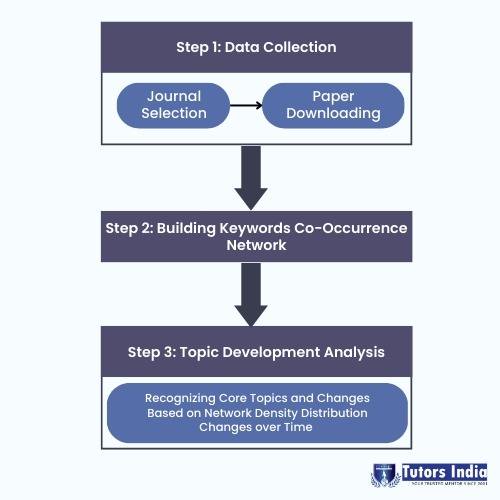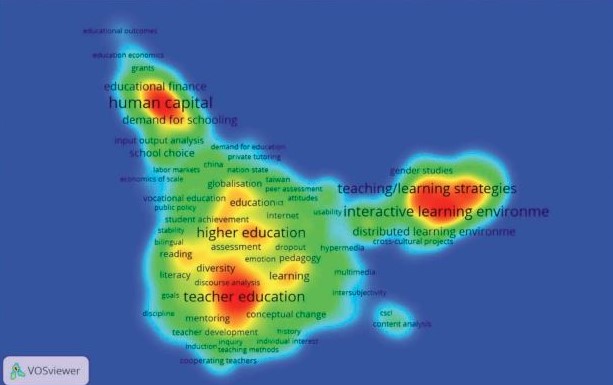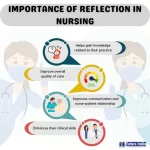Evolution of educational research topics: a bibliometric analysis-based comprehensive review
In brief
Education research is often interdisciplinary and multidisciplinary in nature. According to Google Scholar, 9 fields are closely connected to education among the 51 disciplines classified as social sciences. Because education research is interdisciplinary and diverse, it is difficult for academics to identify the general growth of individual themes within the discipline. The key contribution of this blog is the quantitative methodological systematic research design for assessing current themes and the evolution of review education research, which is highly diverse and includes a significant volume of publications.
Introduction
Education research involves several different areas and many scholars and academic publications. Among the 51 social science disciplines classified by Google Scholar, nine are directly related to education: early childhood education, educational administration, educational psychology & counselling, educational technology, and teaching & teacher education. A search on the Web of Science yielded 10,510 papers under “Education & Educational Research,” 3,937 papers under “Education, Scientific Disciplines,” and 1,423 papers under “Education, Special” in 2016. As a result, research articles on education are interdisciplinary and multidisciplinary, making it difficult for academics and policymakers to have a complete understanding of the advancement of scientific study on the subject (Huang, Cui, et al.2020)

Figure: 01 Methodological frameworks.
Methodology
The following are the particular phases of our strategy (as summarized in Figure 1) for analyzing the evolution of research trends in the field of bibliometric analysis education:
- Gather data on journal publishing. Here, we use key education publications as our primary data source to comprehend the research frontiers in education and core research issues. Tutors India has also chosen publications on education economics, ethics, educational review, vocational education, comprehensive journals, etc. All publications published in these journals between 2000 and May 2018 were downloaded.
- Build keyword co-occurrence networks. Bibliometrics frequently use keywords to identify research material, primary subjects, and method/technology employed in a particular field. Keyword co-occurrence networks to identify and analyze the distribution and evolution of essential subjects in education research. As a result, a keyword co-occurrence network depicts the relationship between these terms in the form of a network map—the technique using VOSviewer to create keyword co-occurrence networks that reflect the state of education research.
- Examine trending topics in educational research based on the density distribution of keyword co-occurrence networks. Again, the density distribution of a keyword co-occurrence network effectively indicates how well or poorly a specific study topic has been explored over time (Fornaciari, C. J., & Hwang, A. (2016).

Figure: 02 Keywords co- Occurrence network density distribution map (2000-2007)
[Huang, Cui, et al.2020]
Network construction and topic development analysis
Based on the acquired data, Tutors India created keyword co-occurrence networks and analyzed the major subjects.
This blog uses keyword co-occurrence networks to discover and analyze the distribution and evolution of important educational research topics. Publication keywords indicate research subjects because keyword frequency alone cannot accurately depict the distribution of essential topics and the interaction between keywords.
The most demanding & daunting task of dissertation writing is the research proposal. At Tutors India, we offer research proposal writing services where you can relax and remain stress-free, given that an experienced researcher handles the work.
Identifying core topics and analysis of thematic changes
This paper identifies research ideas in education based on the density distribution of the keyword co-occurrence network. Using VOSviewer to build the density map of the keyword co-occurrence network, each node in the co-occurrence network has a colour that relies on the density of items at that place.
Topic evolution analysis of the overall development trends in education research topics from 2000 to 2017 shows that the core research topics have remained relatively stable. However, there have been changes in the composition of these topics, and specific topics have shown increasing popularity compared to others.
All three stages of education research included five essential topics: interactive learning environments and teaching/learning techniques (blue); human capital and educational finance (yellow); teacher education (purple); higher education (green); equity and social justice (red) (Hallinger, P., & Chen, J. (2015).
Conclusion
This study provides a bibliometric-based topic analysis in education research. It collects relevant literature, builds keyword co-occurrence networks, and analyses the whole field of education research by analyzing network density changes at each development step. According to the findings, education research has shown some continuity over time, with five main topics running through the various stages of development: interactive learning environments and teaching/learning strategies, human capital and educational finance, teacher education, higher education, and equity and social justice. The other four subjects have been more volatile, progressing from less targeted issues to secondary core topics and eventually to core topics.
About Tutors India
Our Literature Review writing helps applicants to perform to the best of their abilities. We provide candidates with a variety of sample questions. Tutors India is well aware of the criteria behind dissertation literature review, and over the last ten years, our services have created over 10,000’s literature reviews globally. Our notes would emphasize and arrange the essential concepts or theories on a topic while carefully adhering to academic requirements.
References
- Huang, Cui, et al. “Evolution of topics in education research: A systematic review using bibliometric analysis.” Educational Review 72.3 (2020): 281-297.
- Arbaugh, J. B., Fornaciari, C. J., & Hwang, A. (2016). Identifying research topic development in business and management education research using legitimation code theory. Journal of Management Education, 40(6), 654–691 .
- Arbaugh, J. B., Fornaciari, C. J., & Hwang, A. (2016). Identifying research topic development in business and management education research using legitimation code theory. Journal of Management Education, 40(6), 654–691.

 Previous Post
Previous Post Next Post
Next Post